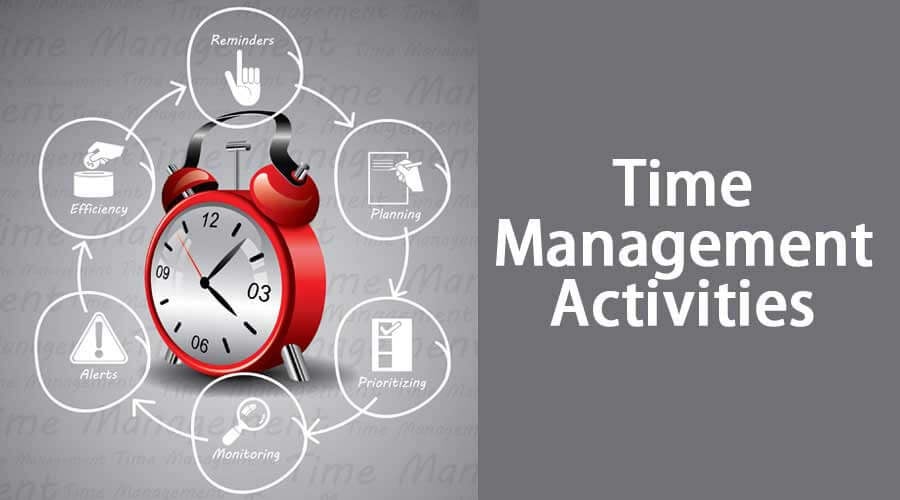Mastering Time Management: Tips for Competitive Examination Preparation
In the realm of competitive examinations, time is a precious commodity that can make or break one’s chances of success. The ability to manage time efficiently is a skill that distinguishes top performers from the rest. As aspirants embark on the challenging journey of competitive exam preparation, mastering time management becomes paramount. This article delves into the intricacies of effective time management strategies tailored for competitive examinations, providing invaluable insights for those aiming to ace the race.
Understanding the Challenge:
Competitive exams are notorious for their vast syllabi, complex question patterns, and stringent time constraints. Whether it’s the SAT, GRE, UPSC, or any other competitive exam, the pressure to cover extensive material while answering questions accurately within a limited timeframe can be overwhelming. Consequently, a structured and disciplined approach to time management is indispensable.
Strategies for Effective Time Management:
Create a Realistic Study Schedule:

Begin by understanding the exam syllabus and dividing it into manageable sections.
Allocate specific time slots for each subject, focusing on weaker areas.
Factor in breaks to prevent burnout, ensuring a healthy balance between study and relaxation
Set Achievable Goals:
Break down larger goals into smaller, more achievable tasks.
Set daily, weekly, and monthly goals to track progress effectively.
Celebrate small victories to stay motivated and maintain a positive mindset.
Prioritize Topics:
Identify high-weightage topics and prioritize them in your study schedule.
Allocate more time to challenging subjects while ensuring a basic understanding of all topics.
Effective Time Blocking:
Implement the Pomodoro Technique, breaking study sessions into focused intervals (e.g., 25 minutes) followed by short breaks.
Adjust the duration of study blocks based on personal concentration levels.
Utilize Productivity Tools:
Leverage digital tools like calendar apps, task managers, and study planners.
Set reminders for deadlines, exams, and important milestones to stay organized.

Active Learning Techniques:
Engage in active learning methods, such as flashcards, mind maps, and problem-solving.
This not only enhances understanding but also optimizes time spent on each concept.
Practice Time-bound Mock Tests:
Simulate exam conditions by regularly practicing timed mock tests.
Analyse performance, identify weaknesses, and adapt study strategies accordingly.
Effective Note-taking:
Develop a shorthand or use symbols to jot down key points during lectures or while studying.
Review and consolidate notes periodically to reinforce learning.
Healthy Lifestyle Choices:
Prioritize adequate sleep, balanced nutrition, and regular exercise to optimize cognitive function.
A healthy lifestyle contributes significantly to improved concentration and retention.
Minimize Distractions:
Create a dedicated study environment free from distractions.
Turn off notifications on devices and inform family and friends about study hours.
Conclusion:
Mastering Time Management is not just about scheduling every minute of the day; it’s about maximizing productivity, ensuring effective learning, and maintaining a sustainable routine. Competitive examinations demand not just knowledge but also strategic utilization of time. By incorporating these time management strategies into their preparation routine, aspirants can enhance their chances of success and approach exams with confidence. Remember, in the competitive exam marathon, the adept management of time is the key to crossing the finish line triumphantly.
Read More:- 10 THOUGHTFUL QUESTIONS FOR PARENTS TO ASK DURING PARENT-TEACHER MEETINGS
Read More:- Navigating the Intellectual Odyssey: Unveiling the KVPY Exam



